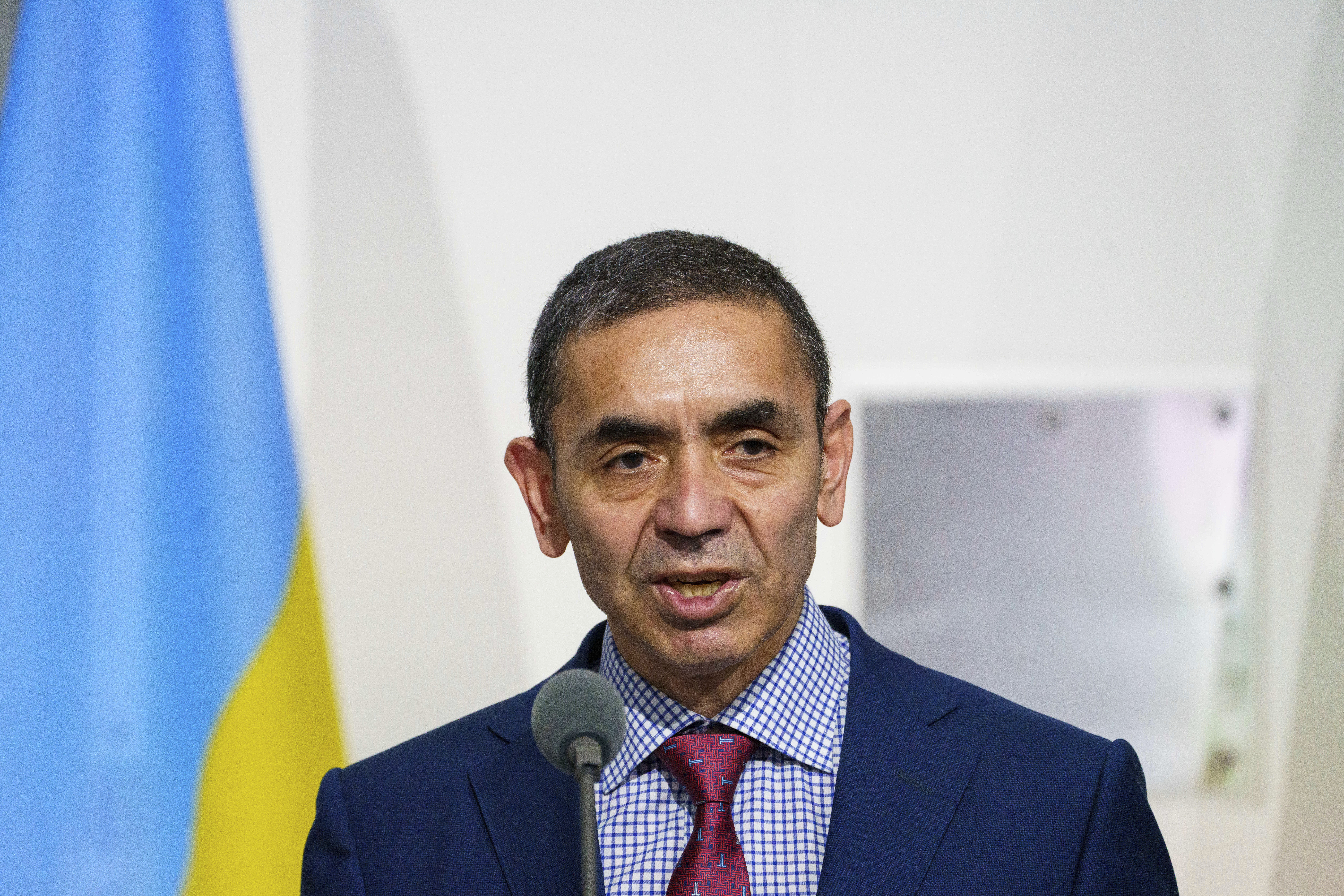
BioNTech opens new plasmid DNA manufacturing facility in Germany
German mRNA player BioNTech opened the doors to a new manufacturing facility on Thursday, this one just about 75 miles north of its headquarters in Mainz, Germany.
BioNTech announced on Thursday that it has completed the construction of its first plasmid DNA manufacturing facility in Marburg, Germany. The facility will produce materials for mRNA-based vaccines and therapies along with cell therapies.
Unlock this article instantly by becoming a free subscriber.
You’ll get access to free articles each month, plus you can customize what newsletters get delivered to your inbox each week, including breaking news.